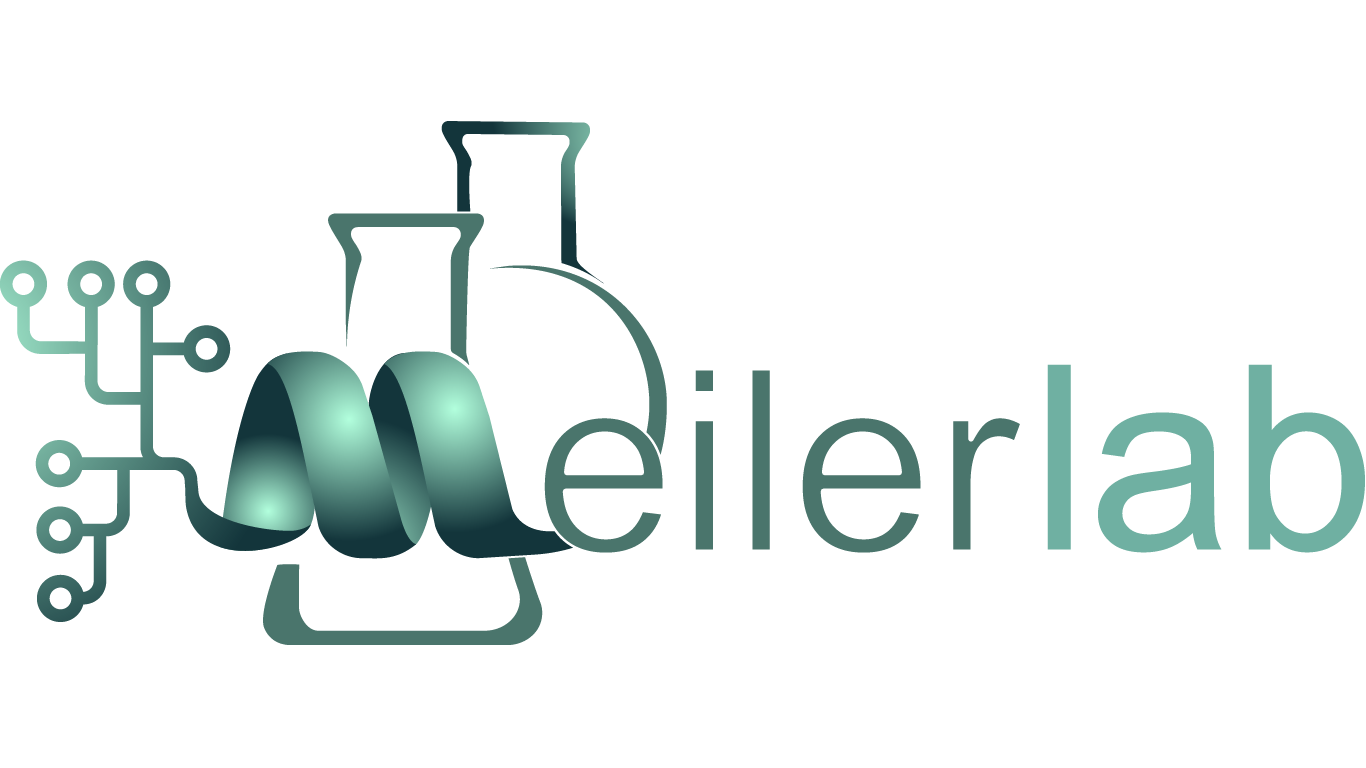
Neurodegenerative Diseases
Neurodegenerative diseases (NDDs) are worldwide health issues that cause severe loss of life quality for millions of people and are currently incurable. The most common NDDs are Alzheimer’s disease and Parkinson’s disease. Meiler Lab has been actively developing novel treatment strategies targeting these diseases. Our expertise in protein modeling enabled us to predict and study structures of G-Protein Coupled Receptors (GPCRs) in the human brain, which were found to regulate several physiological and neurological processes related to NDDs. Furthermore, we developed various structure-based and ligand-based computational tools to design selective modulators for GPCRs such as mGluRs, mAChRs, and dopamine receptors. These modulators and knowledge on structures will help understand the pathology of NDDs and thus stimulate more extensive research on discovery of novel treatments.

Alzheimer's Disease
Alzheimer’s disease, the most common type of dementia, involves parts of the brain that control thought, memory, and language, identified by the German psychiatrist Alois Alzheimer in 1901. Now, it is one of the top 10 leading ...

Parkinson's Disease
Parkinson’s Disease (PD) is a brain disorder that leads to shaking, stiffness, and difficulty with walking, balance, and coordination. It is also the second most common neurodegenerative disease after Alzheimer’s disease. ...

Schizophrenia
Schizophrenia is a chronic psychotic disorder characterized by symptoms like delusions, hallucinations, disorganized speech or behavior, and impaired cognitive ability. It has a prevalence between 0.6% to 1.9% in the United States. ...

Addictions
Addiction or substance use disorder (SUD) is complex a condition in which there is uncontrolled use of a substance despite harmful consequence. With an estimate of 246 million people with illicit drug uses worldwide (2013), this is a global problem. ...
